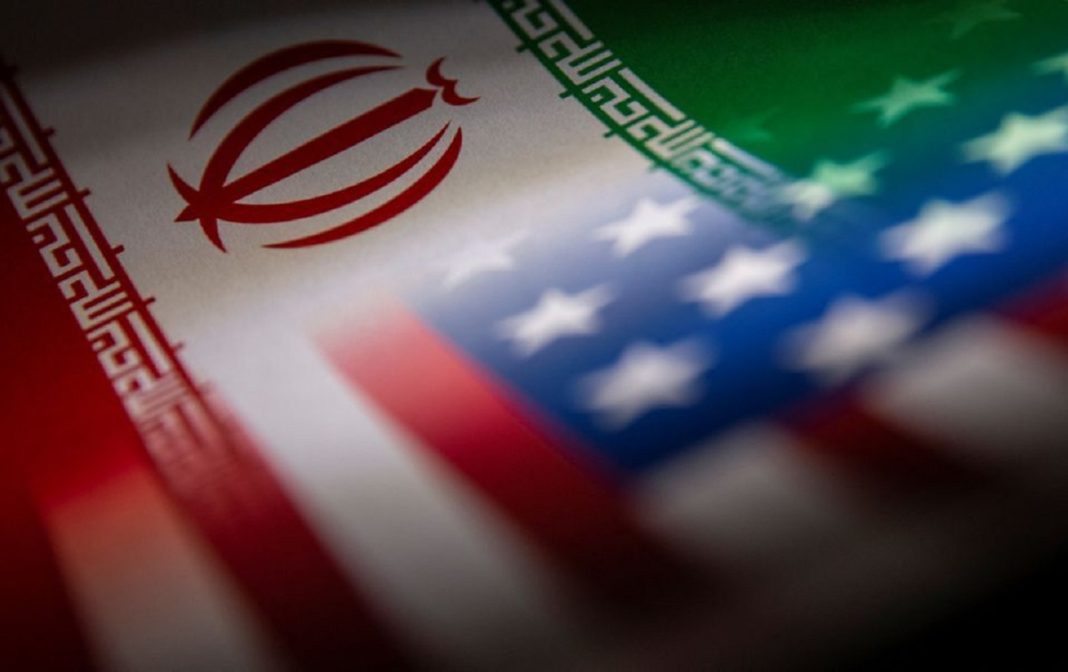These steps would be cast as an “understanding” rather than an agreement requiring review by the U.S. Congress, where many oppose giving Iran benefits.
Having failed to revive a 2015 Iran nuclear deal, Washington hopes to restore some limits on Iran to keep it from getting a nuclear weapon that could “threaten Israel and trigger a regional arms race.”
Tehran has repeatedly stated that it has no intention of developing nuclear weapons, with Iranian supreme leader Ayatollah Ali Khamenei even issuing religious edicts against the atom bomb and other weapons of mass destruction.
The U.S. government has dismissed reports it is seeking an interim deal, using carefully constructed denials that leave open the possibility of a less formal “understanding” that could avoid congressional review.
State Department spokesman Matt Miller denied there was any deal with Iran.
However, he said Washington wanted Tehran to “de-escalate tensions and curb its nuclear programme, cease support for regional proxy groups that carry out attacks, halt support for Russia’s war on Ukraine and release detained U.S. citizens.”
“We continue to use diplomatic engagements to pursue all of these goals,” he added, without giving details.
The spokesman for Iran’s Foreign Ministry, Nasser Kanaani, has also rejected reports of an interim agreement with the U.S. as media speculation.
He told reporters on Monday that no framework other than the Joint Comprehensive Plan of Action (JCPOA) is being considered and all reports on an interim deal are politicized and aimed at undermining the current talks.
An Iranian official stated: “Call it whatever you want, whether a temporary deal, an interim deal, or a mutual understanding – both sides want to prevent further escalation.”
In the first instance, “that will involve prisoner exchange and unblocking part of Iran’s frozen assets”, he continued.
Further steps might include U.S. sanctions waivers for Iran to export oil in return for ceasing 60% uranium enrichment and greater Iranian cooperation with the U.N. nuclear watchdog, he added.
“I’d call it a cooling-down understanding,” said a Western official on condition of anonymity, adding there had been more than one round of indirect talks in Oman between U.S. National Security Council official Brett McGurk and Iran’s chief nuclear negotiator, Ali Bagheri Kani.
U.S. Special Envoy for Iran Rob Malley has also met Iran’s ambassador to the U.N. after months of Iran refusing direct contact.
The Western official stated the idea was to create a status quo acceptable for all, getting Iran to avoid the Western redline of enriching to 90% purity, commonly viewed as weapons grade, and possibly even to “pause” its enrichment at 60%.
In addition to the 60% pause, both sides are discussing more Iranian cooperation with the International Atomic Energy Agency and not installing more advanced centrifuges in return for the “substantial transfer” of Iranian funds held abroad, the official continued.
The official did not specify whether the pause meant Iran would commit not to enrich above 60% or whether it would stop enriching to 60% itself.
The order of the steps and how they might relate to a release of three detained U.S. citizens held by Iran was also unclear.
Officials have previously stated freeing them might be connected to the release of frozen funds.
Iran’s foreign ministry spokesperson said on Monday the two nations could exchange prisoners soon if Washington showed goodwill, adding there were talks through intermediaries, without giving details.
The Western official said the key U.S. objective was to keep the nuclear situation from worsening and to avoid a potential clash between Israel and Iran.
“If (the) Iranians miscalculate, the potential for a strong Israeli response is something that we want to avoid,” he added.
Iran has cautioned the United States that the window of opportunity for an agreement on reviving the nuclear deal will not remain open forever, urging Washington to adopt a constructive approach to salvage the accord.
Iran showed to the world the peaceful nature of its nuclear program by signing the Joint Comprehensive Plan of Action (JCPOA) with six world states — namely the U.S., Germany, France, Britain, Russia and China. But, Washington’s unilateral withdrawal in May 2018 and its subsequent re-imposition of sanctions against Tehran left the future of the deal in limbo.
Negotiations between the parties to the landmark agreement kicked off in Vienna in April 2021, with the intention of bringing the U.S. back into the deal and putting an end to its “maximum pressure” campaign against Iran.
The discussions, however, have been at a standstill since August 2022 due to Washington’s insistence on not lifting all of the anti-Iran sanctions and offering the necessary guarantees that it will not exit the agreement again.
